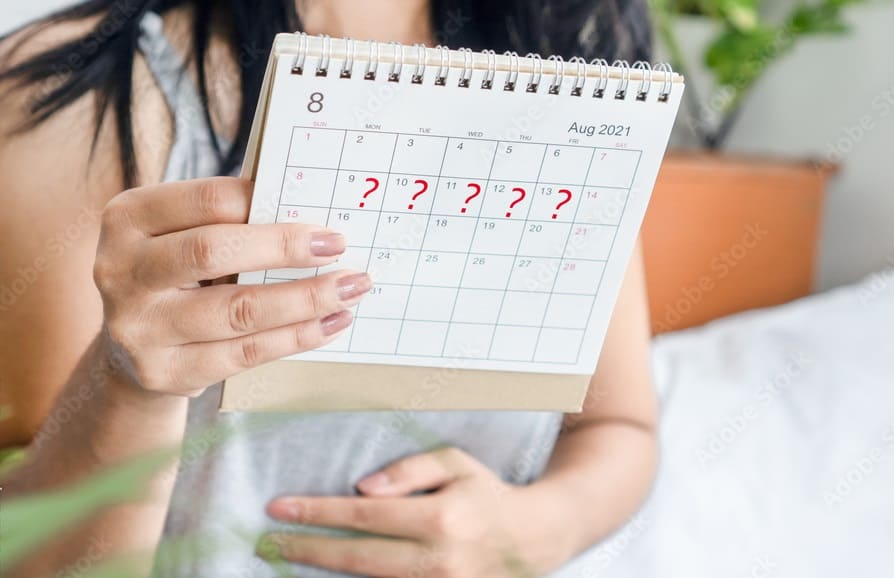Irregular periods can feel like a puzzle without a solution. From stress to lifestyle changes, numerous factors could be at play. But have you considered that a simple vitamin deficiency might be the culprit? Yes, you heard that right—your diet might hold the key to regulating your cycle. Let’s dive into how one essential vitamin—Vitamin D—can influence your menstrual health and why you should pay closer attention to it.
Surprising Link Between Vitamin D and Irregular Periods
Vitamin D is often called the “sunshine vitamin” because your body can produce it when your skin is exposed to sunlight. This powerful nutrient plays a role in maintaining bone health, immune function, and, surprisingly, hormonal balance.
Hormonal imbalances, especially in estrogen and progesterone, can disrupt your menstrual cycle. Vitamin D helps regulate these hormones, ensuring a smoother, more predictable period. When levels of this vitamin drop, it could lead to irregular periods or even conditions like Polycystic Ovary Syndrome (PCOS), a common cause of menstrual irregularity.
How Does a Vitamin D Deficiency Lead to Irregular Periods?
Here’s how a lack of Vitamin D can wreak havoc on your cycle:
- Hormonal Imbalance: Vitamin D receptors are present in the ovaries and help in the production of sex hormones. Without enough Vitamin D, this process may falter.
- PCOS Connection: Studies show that women with PCOS often have low Vitamin D levels, which could exacerbate symptoms like irregular cycles, weight gain, and acne.
- Impact on Ovulation: Vitamin D deficiency can impair follicular development in the ovaries, disrupting ovulation, a key part of the menstrual cycle.
Symptoms of Vitamin D Deficiency
It’s not just irregular periods that might tip you off. Other symptoms include:
- Fatigue
- Bone pain or weakness
- Mood swings or depression
- Muscle cramps
- Hair thinning
If these sound familiar, it might be time to check your Vitamin D levels.
Boosting Your Vitamin D Levels
Fortunately, addressing a Vitamin D deficiency is easier than you might think. Here’s how:
- Sunlight: Spending 10–30 minutes in direct sunlight a few times a week can do wonders for your Vitamin D levels.
- Diet: Include Vitamin D-rich foods like fatty fish (salmon, mackerel), egg yolks, and fortified foods like milk or cereal.
- Supplements: If sunlight and diet aren’t enough, consider a Vitamin D supplement. Consult your healthcare provider to determine the correct dosage.
- Testing: A simple blood test can reveal your Vitamin D levels and guide you in making informed decisions.
When to See a Doctor?
If irregular periods persist despite dietary and lifestyle adjustments, consult a healthcare professional. They might recommend a more comprehensive evaluation to rule out underlying conditions like PCOS, thyroid disorders, or other hormonal imbalances.
Final Thoughts
Your menstrual cycle is like a report card for your overall health, and irregularities shouldn’t be ignored. While there are many potential causes, Vitamin D deficiency is one that’s often overlooked yet easily addressed. So, the next time your period feels out of sync, don’t forget to ask yourself: Am I getting enough sunshine and Vitamin D?
Let’s embrace a proactive approach to our health—because sometimes, the smallest changes make the biggest impact.
Also Read:
